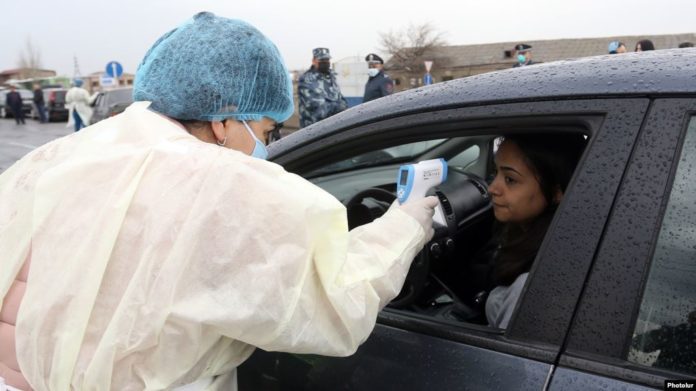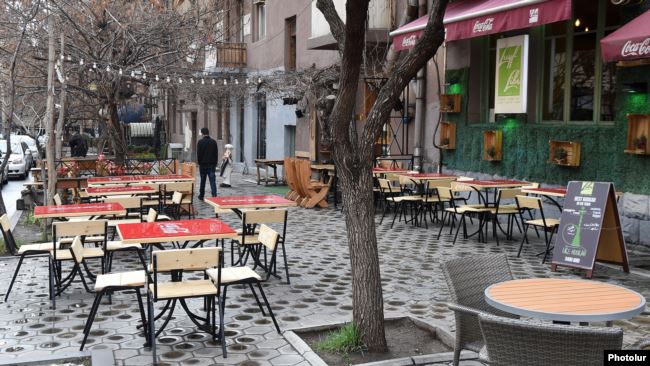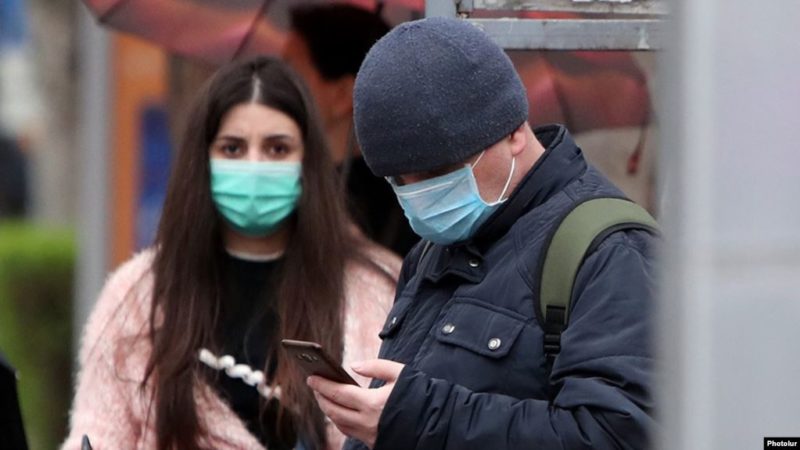YEREVAN (Combined Sources) — Armenia is imposing tougher restrictions on public life in an effort to curtail the spread of the coronavirus. Prime Minister Nikol Pashinyan said on Facebook Tuesday, March 24, addressed people there, noting that people will have to carry passports or identity cards when leaving home.
“Citizens spotted in the street should have a clear explanation of where they are going, and that explanation should fit into the logic of vital movement,” Pashinyan said.
Pashinyan encouraged the public to do their shopping online, adding that all the banks, supermarkets and pharmacies will serve people aged above 65 between 10 a.m. and midday.
He urged citizens against social gatherings and said that no more than two people should be outside together.
The number of confirmed coronavirus cases in Armenia has reached 249 as of Tuesday, March 24. Forty one new cases were recorded.
The country declared a 30-day state of emergency on March 16 and banned citizens of 16 nations from entering the country.












